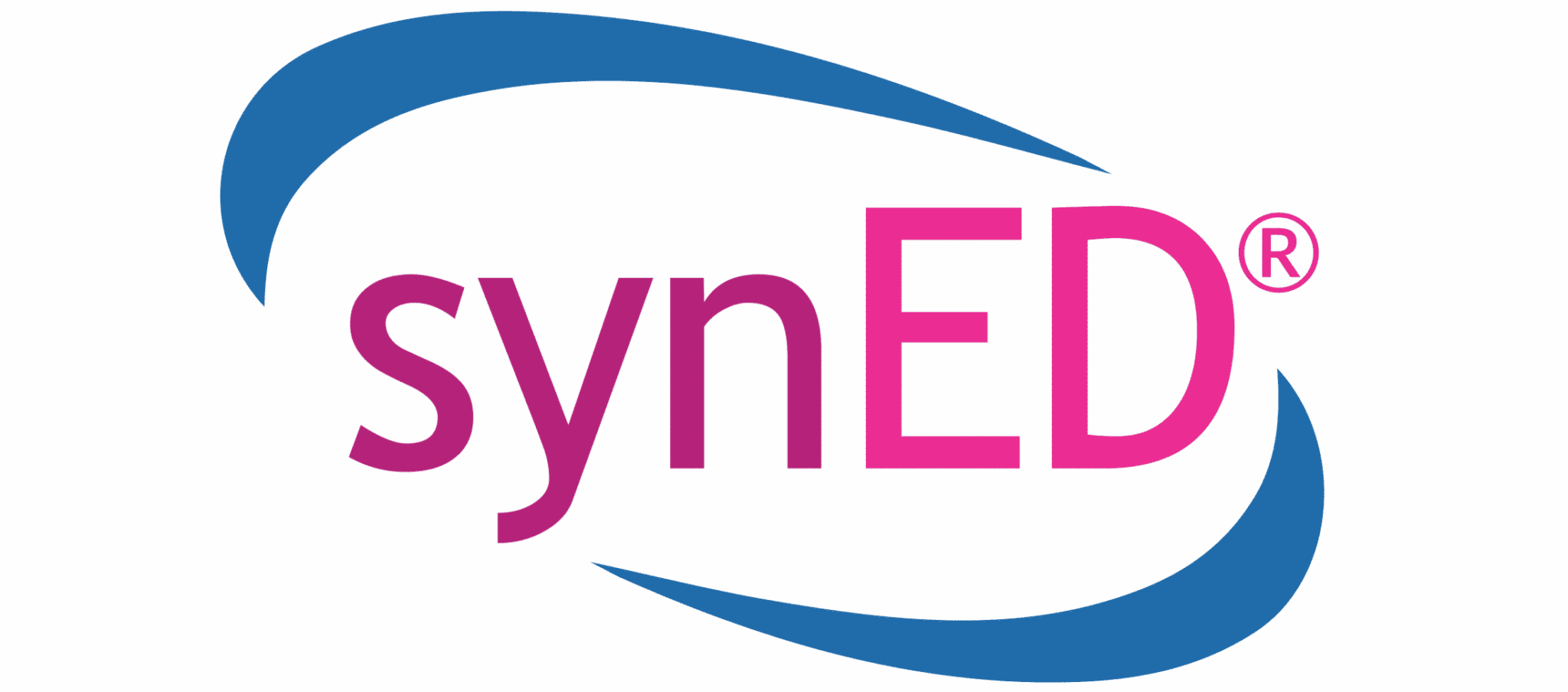SynED, a national non-profit focused on education, today released ReportOUT, a quarterly publication that highlights innovative educational initiatives that promise different perspectives and lasting changes, with its latest edition entitled “Beyond the Pandemic: Lessons Learned from COVID 19, Volume 8.“
ReportOUT includes insights from across the economic, education, and political world, bringing a diverse array of viewpoints and analysis on how to approach education differently.
“COVID-19 has amplified existing problems in our community and in education, but we should be excited by the fact innovation has suddenly moved from the margins to the center of many education systems,” said Guy Smith, Executive Editor, ReportOUT. Mr. Smith, a former faculty member at Antioch University who also previously served as the Dean of Educational Programs at Santa Barbara City College, continued: “Another lesson from the pandemic is that we can operate smarter at a number of levels. For instance, we’ve learned that some higher education functions can be done remotely with few, if any, negative consequences.”
This issue is a compendium of 13 articles that provide insights and lessons from community colleges to the future of delivering online learning from 5G to 10G.
Emiliana Vegas, a Senior Fellow and co-director of the Center for Universal Education at the Brookings Institution stated in “Beyond Reopening Schools: How Education Can Emerge Stronger Than Before Covid-19“: “we found that many of the promising innovations were on the margins of education systems and not at the center of how learning takes place. These include 1) innovative pedagogical approaches alongside direct instruction to help young people not only remember and understand but analyze and create; 2) new ways of recognizing learning alongside traditional measures and pathways; 3) crowding in a diversity of people and places alongside professional teachers to help support learning in school; and 4) smart use of technology and data that allowed for real-time adaptation and did not simply replace analog approaches.“
Steven Mintz, a professor of history at the University of Texas at Austin, writes in “K-12 Trends and the Future of Higher Education“: “Long before this spring’s lockdown or this summer’s protests, public schools had already begun to reckon with gross disparities in learning outcomes and multiple barriers to students’ academic success. Colleges and universities have much to learn from their struggles to eliminate achievement gaps and promote educational equity.” As we look to the future of higher education, Dr. Mintz outlines seven key trends from K-12 that higher education stakeholders should take note of today:
1. Prioritize Equity
2. Embrace Differentiated Instruction
3. A Skills and Outcomes Focus
4. Life Skills and Social Emotional Learning
5. Redesigning Assessments of Learning
6. Addressing Nonacademic Barriers to Student Success
7. Building a Learning Ecosystem and Wraparound Supports
“We will never go back to where we were before COVID, but if we pay attention to the data and listen to what our communities say they need, we can make incredible strides in education that will be felt for generations to come,” concluded Mr. Smith.

